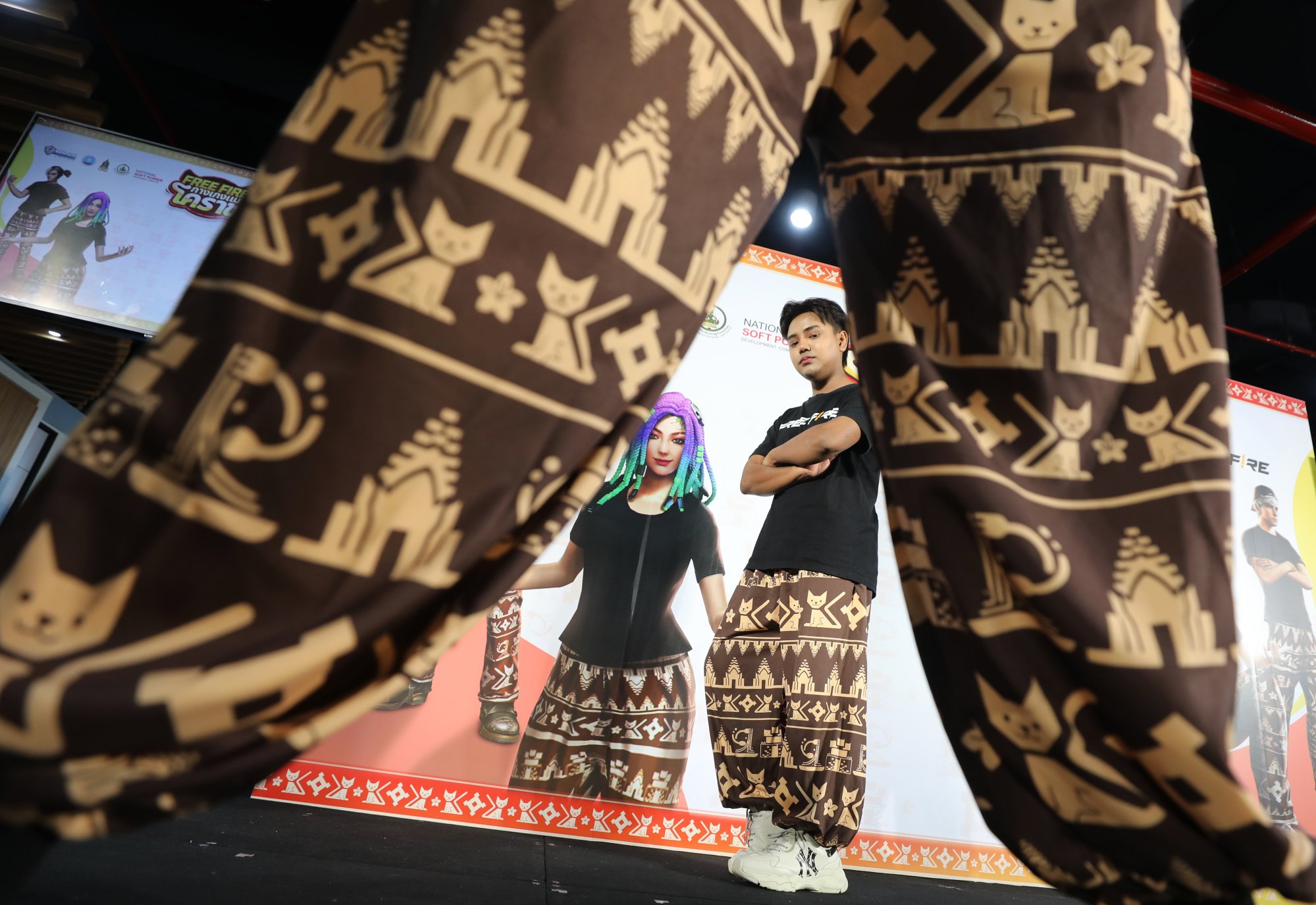Commerce Minister Phumtham Wechayachai said the thin cotton pants had been copyrighted in Thailand and the intellectual property department would assess the extent of the imitation products flooding the local market.
The elephant pants are not often worn by Thais, and the wild motifs on them resemble the designs of stitches that can be found in apparel made by hill tribe villagers. But the elephant motifs that intersect the tribal patterns mark the trousers with a distinguished Thai identity.
Going ape! 3,500 monkeys swarm Thai city, halting Chinese investments
Going ape! 3,500 monkeys swarm Thai city, halting Chinese investments
Elephants are the official national animal of Thailand and are deeply rooted in its culture and literature.
The trousers, mostly manufactured in the northern city of Chiang Mai, are sold for as little as 150 baht (US$4.20) each while the wholesale price of the Chinese version is about 30 baht.
Phumtham suggested local companies could affix “Made in Thailand” tags on their products after reports said clothing stores in Bangkok were mostly selling copycat trousers.
A vendor in the capital’s Bobae market told the Bangkok Post that the Chinese variety had been favoured by visitors for more than a year now as it was much cheaper and urged the government to impose an import tax to help domestic brands.

Nattawat Phutthasiriwat, chief of the Thai SME Confederation, said that only 30 per cent of the garments sold in Bangkok’s shopping hubs were produced in the country, while the rest were imported mainly from China to offset higher production costs.
Thai Prime Minister Srettha Thavisin described the influx of the low-cost apparel as an “opportunistic trade practice”, which local firms need to learn from their Chinese counterparts to stay ahead of the game.
“This is nothing new in doing business. Where there is an opportunity, there are opportunists. If we do not act fast, we will lose the opportunity, like we have done before on several other things,” Srettha said.
“Small matters like the [Chinese-made] elephant pants reflect a lot on how we need to be quicker working on the nation’s protection efforts.”

